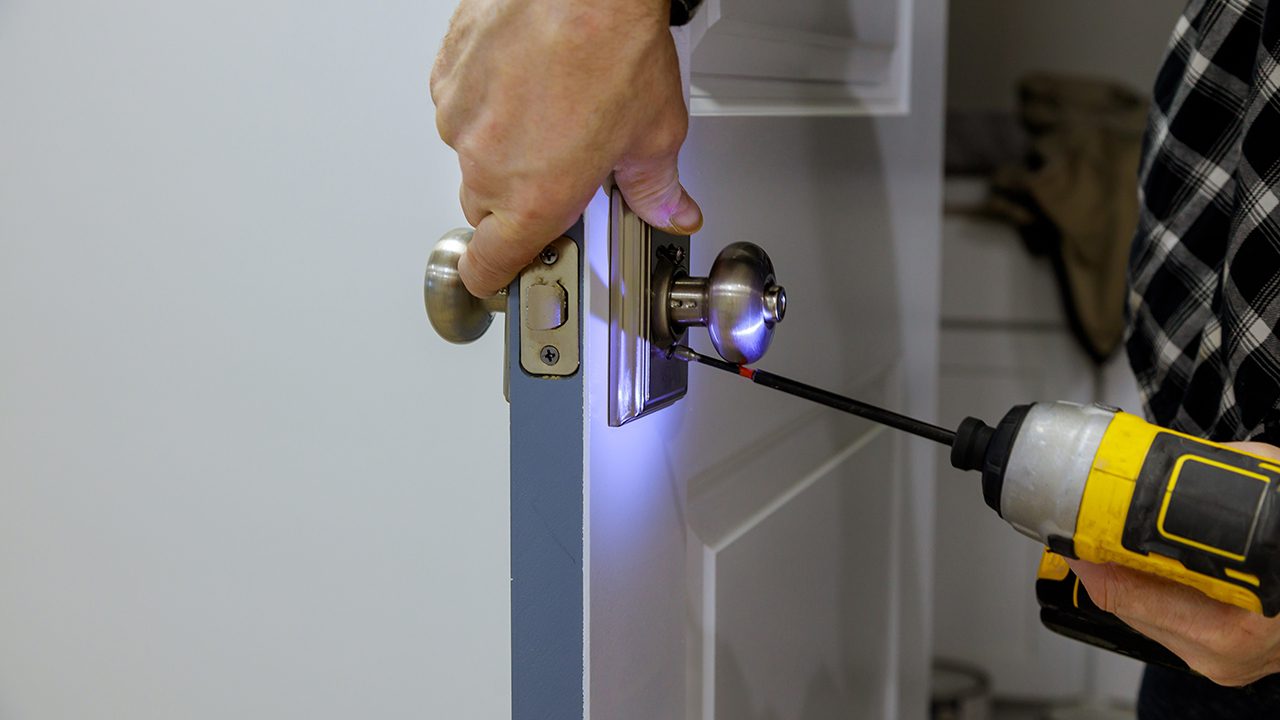
The National Association of Realtors states that about 30% of home buyers desire a larger home while a Trulia survey found that 43% of adults prefer living in a larger residence compared to their current home.
The desire to upsize is greatest among adults 36-50 years old who are in their peak earning years, are married or in a serious relationship and have children under 18 years old. But the desire to own a larger home looms inside most of us.
So if you’re thinking of moving to a larger home, here are 7 things to consider:
1. It Will Cost More
Of course, it will! There’s more room, more square footage, maybe a bigger yard. All of that adds up to a bigger investment.
Also, the taxes will probably be higher. Most counties base property taxes on the value of the home.
Utilities may also go up. You have more rooms, more lights, more TV’s, maybe more electronic devices or smart appliances. All of those generate more electricity. If you increased the yard, you may be watering more.
So don’t forget to include all the extra costs to owning a larger home.
2. Consider the Next Sell
Buying a larger home is usually not the last home buying experience you will have. So look at the new home and consider what would need to be upgraded to resell in 5 or 10 years. Will it need a new roof or replace the HVAC?
Also consider where it’s located. Will development or lack of development in the future affect the resell value of the home?
3. Most Likely You’ll Have More Maintenance
Consider what may be more maintenance: the yard, the roof, the siding, etc.
More house will mean more maintenance. Consider how much more work you are willing to commit to for the larger home. If your yard is larger, do you have the time to work on it or can you afford to hire someone to maintain the yard.

4. Look at How the Floor Plan Fits Your Needs
Do you need a large play room for the kids? Do you want it close to the kitchen where the family gathers? How many bedrooms do you need now and how many bedrooms will you need if your family grows?
If you plan on staying in the house for many years, will it still meet your needs when the kids are teenagers?
Don’t forget the yard. Can my kids play safely by themselves in the yard? Along with that, you need to consider do I even want a yard. If you don’t have time for upkeep on a yard, you may want to consider if there’s a playground nearby.
5. Get an Inspection
Many home buyers believe the appraisal and home inspection are the same thing. They’re not. The appraisal is for the entity loaning you the mortgage. It’s a good idea to have your purchase agreement contingent on a satisfactory home inspection. The person conducting the home inspection should have a background in home construction. It’s best to ask around and get one that comes highly recommended from other home buyers.

6. Learn as Much as You Can About the Neighborhood
Visit the neighborhood during peak commuting times to see what the traffic is like. Also visit in the evening or at night to see if it’s noisy or quiet or a ghost town. Some people like the hustle and bustle of neighbors out talking to each other. Others want a quieter neighborhood.
Look at the nearby businesses. Will you patronize them? Are there a lot of businesses open late at night? Are there parks close by?
Also, research schools in the neighborhood. Do you need a preschool or day care? Is there one close by that has good ratings? Do the schools provide buses if it’s too far for your children to walk? Or do you need to drive them to and from school? Or can you walk them? If so, are there any streets with heavy traffic that need to be crossed? You will be making hundreds of trips to the school in a year so make sure it’s not a strain on you or your children.
7. The Financial Side of Owning a Larger Home
First, get pre-approval for a mortgage loan. This will give you a sense of how much you can afford to spend on a larger home. It also shows the seller that you are serious which is important if you are bidding against other buyers.
You don’t want two mortgages (unless you just inherited millions) so sell your home first and apply the equity from that home to a down payment on the new home. Doing this can help you avoid higher-cost financing.
Be willing to tighten your belt if needed. Since owning a larger home can cost more, you may experience some budget crunching. Be willing to adjust your budget until you feel financially comfortable with the higher costs of your new home.
Consider saving at least 1% of your new home’s value for future emergencies or maintenance on the home. This may be hard at first, but work on it so that by the end of the first year you have at least 1% or close to it saved up.
Moving to a larger home can be a challenge but it can also be a joy.
It depends on how prepared you are for the process. So prepare yourself and find that new home for you and your family.
